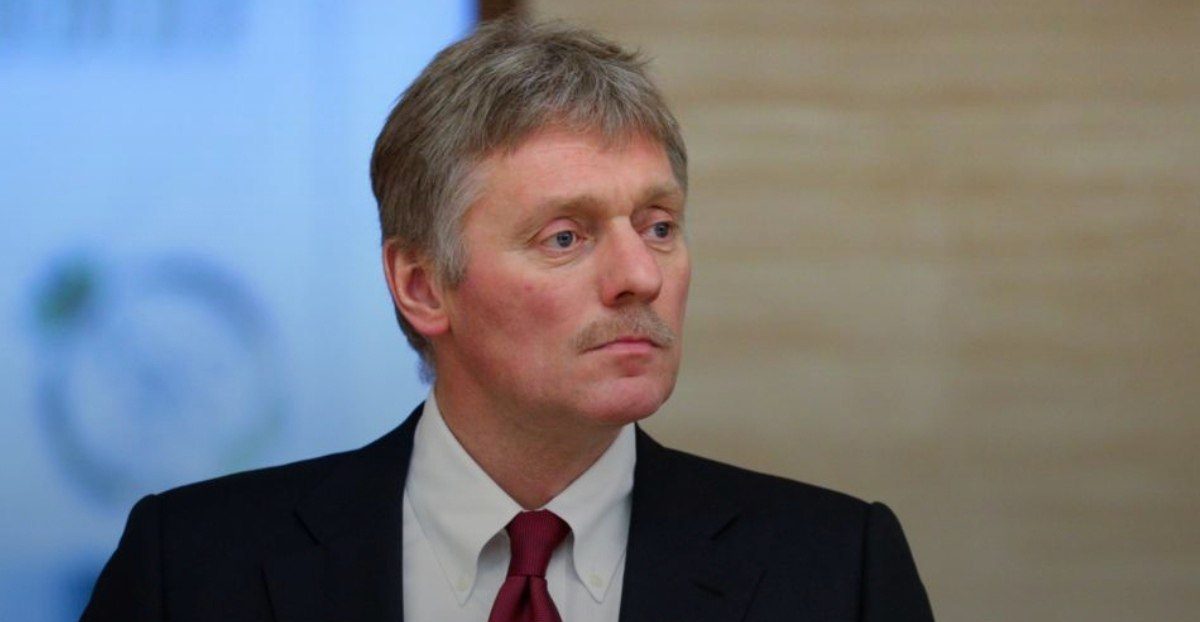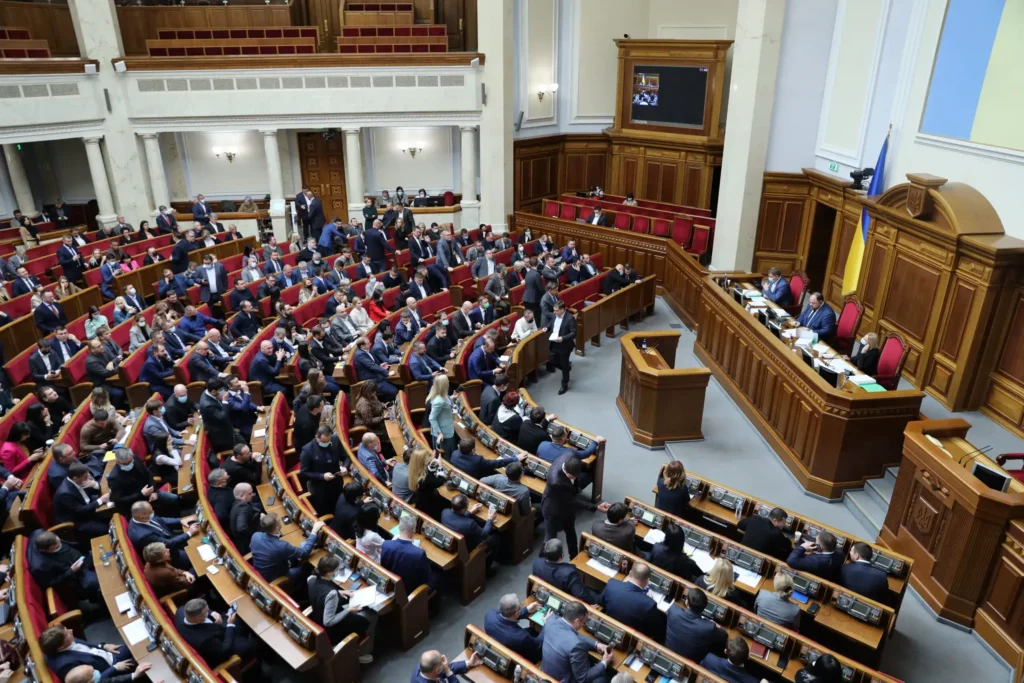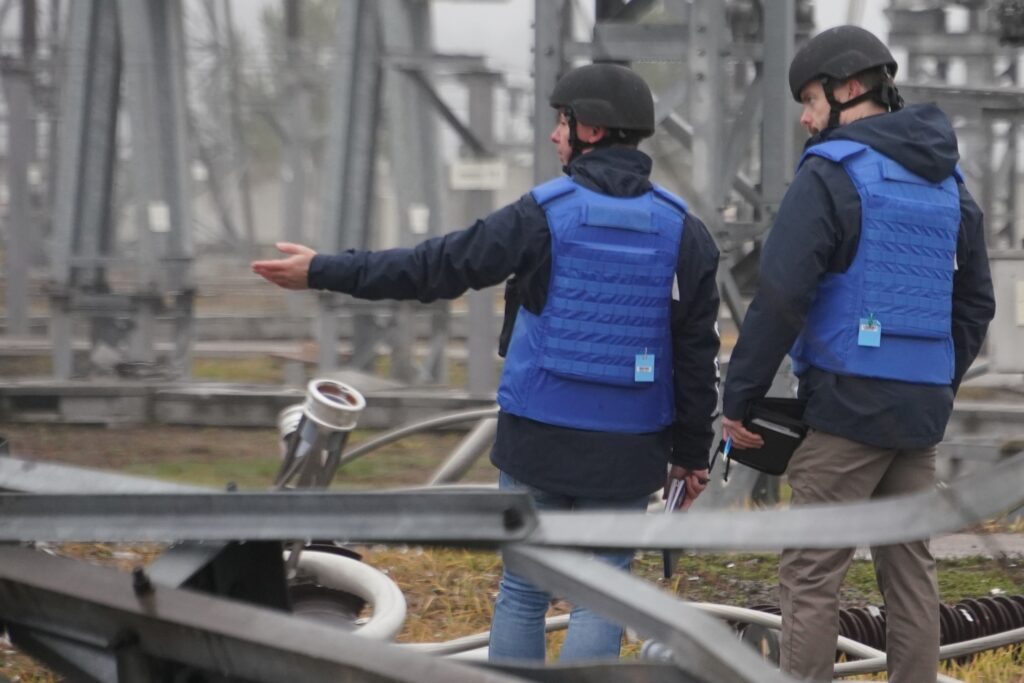SBU Operation “Web”: Kremlin makes first official statement
3 June 2025 20:46
Russian President Vladimir Putin received information about Sunday’s attacks on Ukrainian strategic aviation aircraft in real time. This was stated by Kremlin spokesman Dmitry Peskov on June 3, according to "Komersant Ukrainian".
The information was received “online,” Peskov emphasized. However, the Kremlin spokesman did not disclose details of a possible reaction from the Russian Federation, citing the need to “wait for the results of the investigation.” He emphasized that before talking about actions, it is necessary to understand “what it was” and “who is behind the attacks.”
Peskov’s statement was the first official comment from the Kremlin after the words of Russian Deputy Security Council Chairman Dmitry Medvedev, who declared “retaliation inevitable.”
“If Kyiv thinks that strikes on our territories will go unpunished, it is a mistake. Retaliation is inevitable,” Medvedev wrote on his Telegram channel.
Meanwhile, a number of analysts in the Western press, including the Financial Times and Politico Europe, do not rule out the possibility of a large-scale retaliatory strike against Russia, in particular against Ukraine’s infrastructure. It is also noted that such strikes could be aimed at demonstrating force within Russia itself before the 2026 elections, where the issue of “security” will be central.
Political and economic context
In the context of ongoing isolation and Western sanctions, the Kremlin, according to experts, uses every such situation to strengthen internal mobilization. Moscow’s response may be not only military, but also informational, with increased anti-Ukrainian rhetoric, internal censorship, and economic pressure on Kyiv’s allies.
Analysts also do not rule out that the aggravation at the front and inside Russia will be used as an argument to strengthen the authoritarian course: expanding control over the Internet, repressing critics of the government, and mobilizing additional resources in the economy.
It should be noted that so far, no specific decisions have been announced by the Kremlin. However, statements by Peskov and Medvedev, as well as active rhetoric in pro-Kremlin media, lead analysts to assume that Russia will use Operation Web as a pretext for a massive strike against Ukraine. As a rule, the Kremlin first forms an information base and then moves on to action.
Read also: Seven billion on fire: how many planes do the Russians actually have left
Operation Web: how Ukraine disabled a third of Russia’s strategic aviation
on June 1, 2025, the Security Service of Ukraine conducted one of the most daring and technologically sophisticated operations since the beginning of the full-scale war, codenamed Operation Spider Web. This strike, according to Ukrainian officials and international analysts, was the largest-scale intervention into the territory of the Russian Federation during the entire conflict.
The SBU simultaneously attacked five Russian strategic air bases located in the deep rear:
- “Olenya” (Murmansk region);
- “Belaya (Irkutsk region);
- “Dyagilevo (Ryazan region);
- “Ivanovo (Ivanovo region);
- “Ukrainka (Amur Region).
These targets were targeted with a massive strike using more than 100 drones.
The main feature of the operation was an unprecedented level of secrecy and technical sophistication. The FPV drones were secretly smuggled into Russia in cargo trucks whose drivers were unaware of their contents. The devices were in remote-controlled containers: each opened on a signal, activating the launch of the drones on the spot. The launch itself was carried out near air bases, which made it possible to overcome air defense systems and conduct targeted strikes on vulnerable targets.
As of June 2, it was officially confirmed:
- sBU forces have destroyed or disabled 41 military aircraft, including Tu-95 and Tu-22M3 strategic bombers and the A-50 UAV, which is extremely important for reconnaissance and missile guidance;
- damaged infrastructure: warehouses, hangars, radio communication and logistics systems;
- russia’s losses from this special operation in Ukraine are estimated at more than 7 billion US dollars;
- 34% of strategic cruise missile carriers capable of attacking the territory of Ukraine were hit.
Military significance: disorganization of the long-range strike system, reduction of pressure on Ukrainian air defense.
Psychological effect: demonstration of Ukraine’s ability to strike deep into the Russian Federation at a distance of 1000 km
Negotiating position: the operation took place on the eve of the planned peace talks in Istanbul, and obviously strengthened Kyiv’s position
World’s reaction to Ukraine’s special operation in Russia’s rear
Israeli intelligence agency Mossad publicly praised the SBU, noting that Ukraine “rewrote the textbooks of modern warfare”
The Russian side recognized the fires and incidents, but called the attack “terrorist”.
The Russian stock market recorded a sharp decline in key indices on the day of the attack. And inside Russia, inspections of truckers and internal repressions became more frequent.
Operation Web showed that in the era of drones and asymmetric warfare, even a small country can deliver a sensitive blow to a superpower. Ukraine proved that it can not only defend itself, but also play proactively – in a high-tech, strategic and unexpected way.
It was not just a strike, but a demonstration that Russia can no longer feel safe even at its own airfields beyond the Urals.
Читайте нас у Telegram: головні новини коротко









